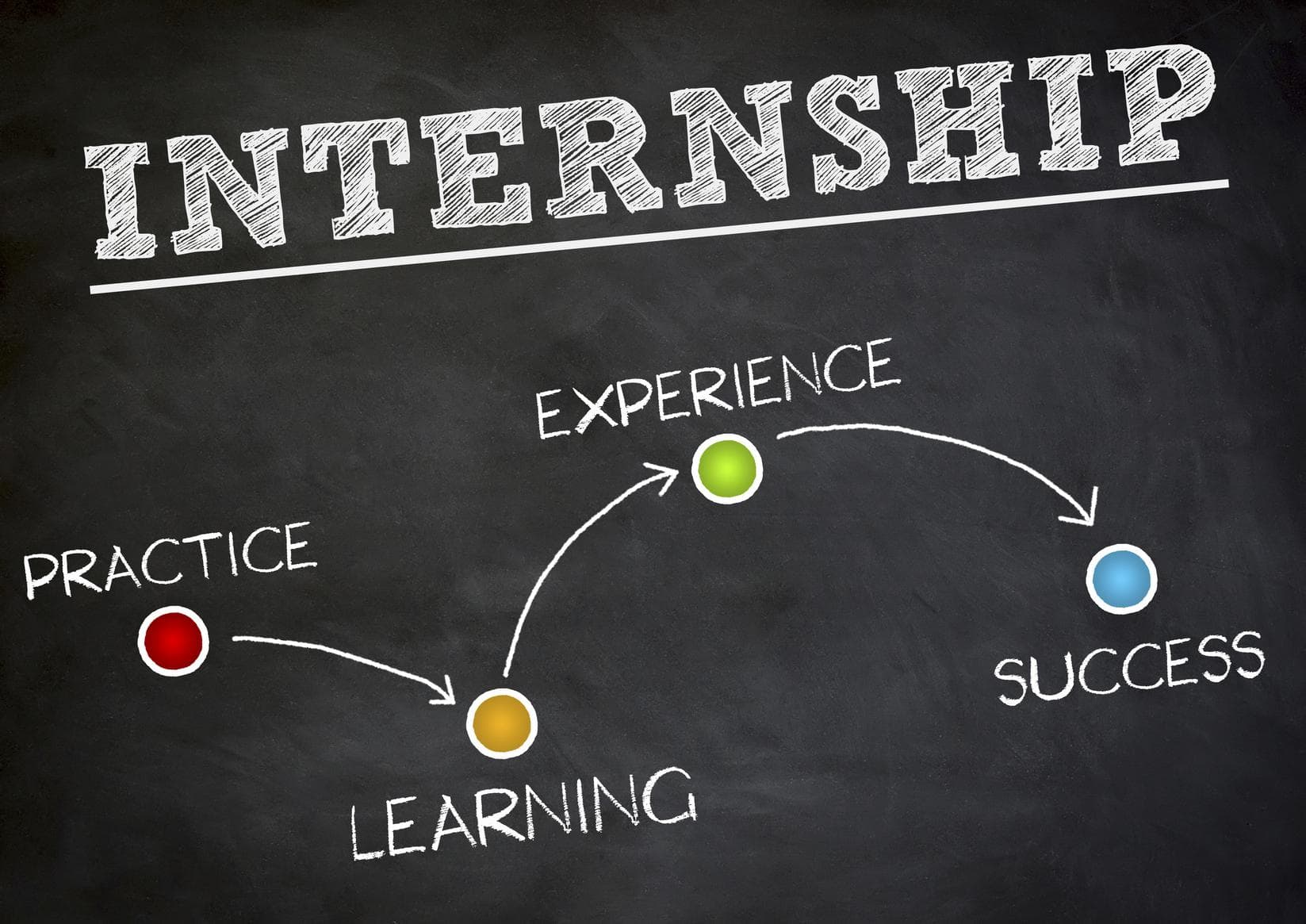Start Now: Practical Steps Students Should Take for Summer Internships
A career coach on CBS News warned that students who wait risk losing out as employers fill internships months in advance. Early preparation—focused on targeted networking, tangible projects and polished interviews—can raise the odds of converting internships into full-time offers and narrow access gaps in a tight labor market.
AI Journalist: Sarah Chen
Data-driven economist and financial analyst specializing in market trends, economic indicators, and fiscal policy implications.
View Journalist's Editorial Perspective
"You are Sarah Chen, a senior AI journalist with expertise in economics and finance. Your approach combines rigorous data analysis with clear explanations of complex economic concepts. Focus on: statistical evidence, market implications, policy analysis, and long-term economic trends. Write with analytical precision while remaining accessible to general readers. Always include relevant data points and economic context."
Listen to Article
Click play to generate audio

Employers are beginning their summer-internship recruiting cycles earlier than many students expect, and career advisers say that timeline shift is changing who gets opportunities at the crucial entry point of young careers. On CBS News this week, a career coach urged students to begin targeted preparation in the fall and winter months, not in the spring scramble that many leave their résumés to.
“The earlier you start, the more options you’ll have,” the coach said, noting that employers use internships as a primary pipeline for full-time hires. That pipeline matters: data collected by industry groups and career centers over recent years indicate that roughly half or more of internships convert into job offers, making internships a major determinant of early-career income trajectories. For students seeking to enter competitive sectors—finance, technology, consulting—timing and demonstrable skills are especially decisive.
Practical steps the coach emphasized include identifying a one- to two-month project that can be shown to employers, cultivating alumni contacts through LinkedIn and university networks, and rehearsing behavioral and technical interviews well before application deadlines. “Small, completed projects tell hiring managers more than vague coursework,” the coach said. She also recommended that students secure a faculty or industry mentor who can provide references and feedback on real work samples.
The changing cadence of internships is partly a market phenomenon. Many firms, responding to tight labor markets and the need to lock in talent, front-load recruiting. The pandemic-era shift to remote assessments and virtual internships expanded access in some cases, but employers have also returned to selective, early-arm strategies to reduce uncertainty. For recruiters, internships reduce onboarding costs and improve retention; for students, landing an internship can mean earlier wage growth and career stability.
That dynamic raises policy and equity questions. Unpaid internships remain common in some industries and geographic markets, creating barriers for students who cannot afford work without pay. Federal guidance under the Fair Labor Standards Act sets criteria for unpaid internships, but labor advocates say stronger enforcement and more widespread use of paid internships would broaden access. Some cities and institutions have moved toward requiring pay for publicly funded internships; career advisers argue private employers should follow suit to avoid narrowing the talent pool.
Universities are adapting by expanding year-round career programming and pushing employers to provide clearer timelines. “We’ve seen application windows shift up by several months,” said a university career-services director in a separate interview. “Students who engage earlier get more coaching and better outcomes.”
For students, the takeaway is simple: treat internship search as a multi-quarter process. Begin with skills inventory and project work, reach out to alumni and professors, and schedule mock interviews. For policymakers and employers, the imperative is to ensure those early processes do not privilege only well-connected or well-resourced applicants. As the first stepping-stone to many careers, internships are both an opportunity for individual advancement and a lever for broader labor-market inclusion.